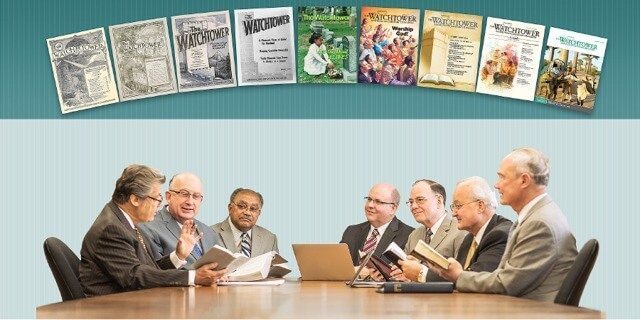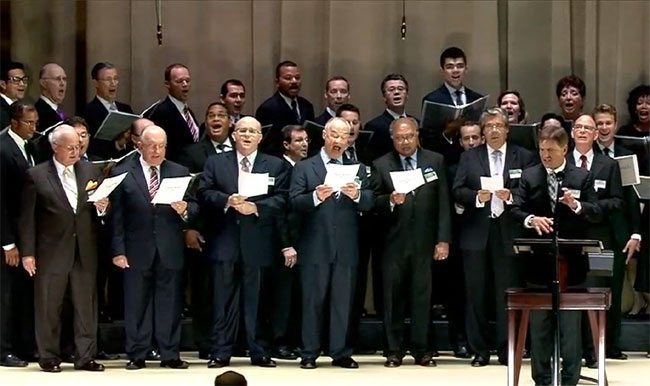Tuesday, July 27
You put to the test those who say they are apostles. —Rev. 2:2.
Anointed ones do not expect others to treat them in a special way. (Phil. 2:2, 3) They know that when Jehovah anointed them, he did not let everyone else know about it. So an anointed person is not surprised if some do not believe right away that he has been anointed. He realizes that the Bible tells us not to be quick to believe someone who says that God has given him a special responsibility. Not wanting to draw attention to himself, an anointed Christian would not tell those whom he meets for the first time that he is anointed. And he would certainly not boast about it. (1 Cor. 4:7, 8) Anointed Christians do not search out other anointed ones, hoping to discuss their anointing with them or to form private groups for Bible study. (Gal. 1:15-17) The congregation would not be united if anointed ones did so. They would be working against the holy spirit, which helps God’s people to have peace and unity. —Rom. 16:17, 18. w20.01 28 ¶6-7
This is a very odd snippet of Scripture for the Watchtower to use. As far as I know, the Governing Body of Jehovah’s Witnesses is the only group of men that claim to be apostles. More accurately, they do not outright make such a claim, but it is implied by their repeatedly referring to the original apostles as the first-century governing body. This is done to elevate the Governing Body to the status of the apostles. (See article: Those Who Say They Are Apostles)
How may we put the modern-day apostles to the test? Well, consider the ministry of the apostle Paul. Because he was disrespected and belittled by the superfine apostles, Paul was compelled to recount the dangers he faced to preach the good news. At 2 Corinthians 11:23-27, Paul wrote: “Are they ministers of Christ? I reply like a madman, I am more outstandingly one: I have done more work, been imprisoned more often, suffered countless beatings, and experienced many near-deaths. Five times I received 40 strokes less one from the Jews, three times I was beaten with rods, once I was stoned, three times I experienced shipwreck, a night and a day I have spent in the open sea; in journeys often, in dangers from rivers, in dangers from robbers, in dangers from my own people, in dangers from the nations, in dangers in the city, in dangers in the wilderness, in dangers at sea, in dangers among false brothers, in labor and toil, in sleepless nights often, in hunger and thirst, frequently without food, in cold and lacking clothing.”
The individual members of the Governing Body have spent many years in the so-called full-time service, either as pioneers, circuit overseers, or part of the Bethel staff. Perhaps some have faced “dangers in the city” when Bethel was headquartered in Brooklyn, but the comparison ends there. Those who say they are apostles live like kings in a secluded luxury estate. They are protected by security guards. They fly first class and are chauffeured in luxury cars. They have their every need attended to, including dental and medical care. The only real danger they face are the health problems that come with being overfed.
Unlike the real apostle, those who say they are apostles are not willing to venture out on the street to preach the good news because of a virus that is virtually non-transmissible in the open air. Far worse, because they wield absolute authority over the millions of Jehovah’s Witnesses who are obligated to follow God’s spirit-directed organization, no matter what, those who say they are apostles have forbidden Jehovah’s Witnesses from obeying Christ’s command to “go make disciples.” According to the faux apostles, it is too dangerous and foolhardy to even stand on a street corner.
Indeed, we have put those to the test who say they are apostles and have found them to be liars.



